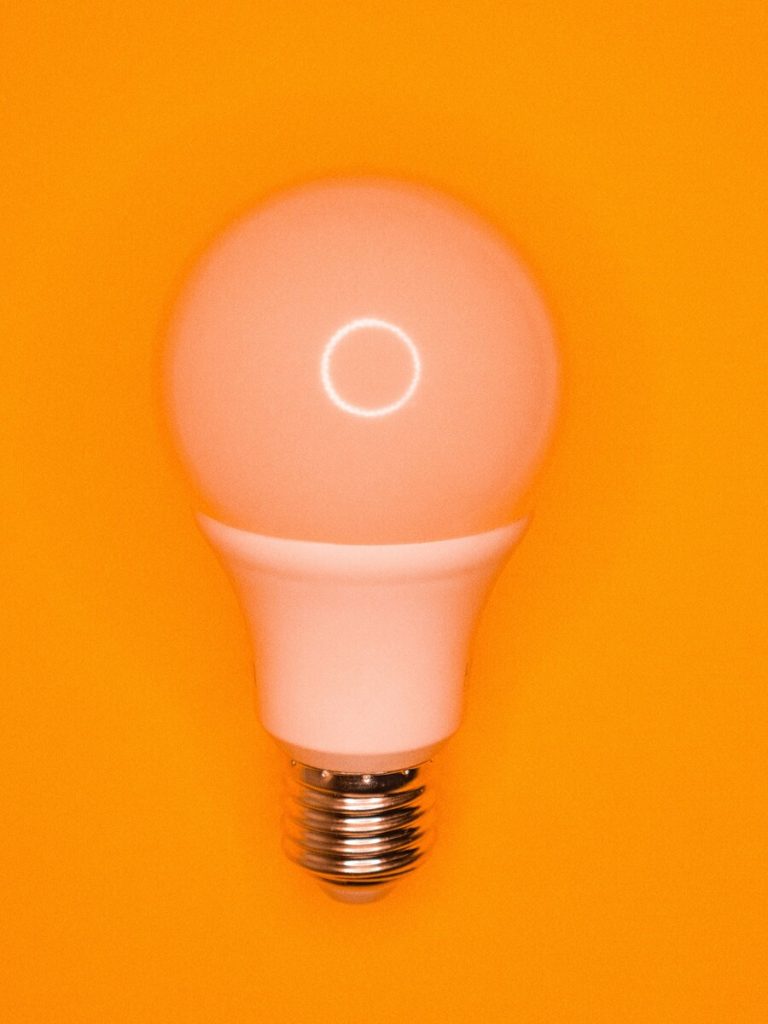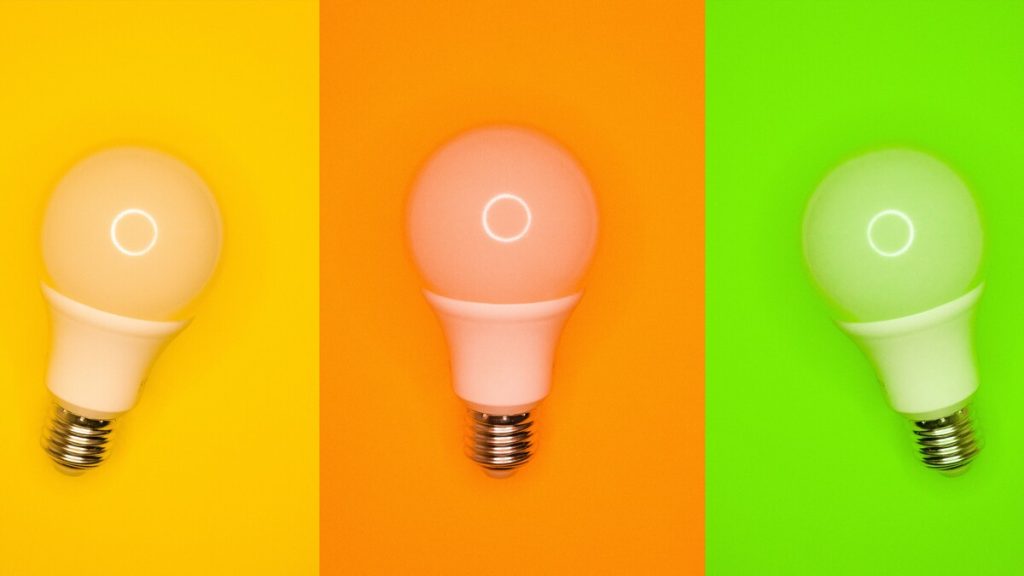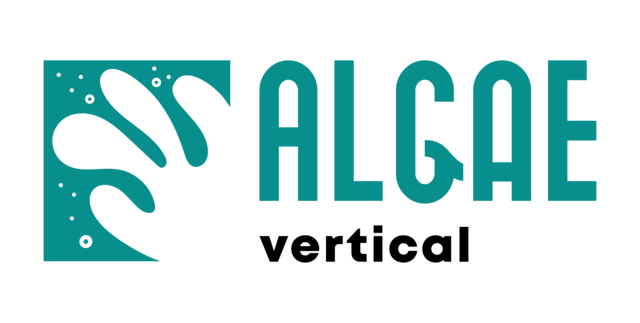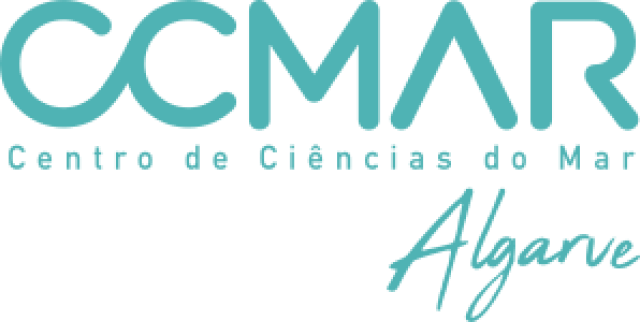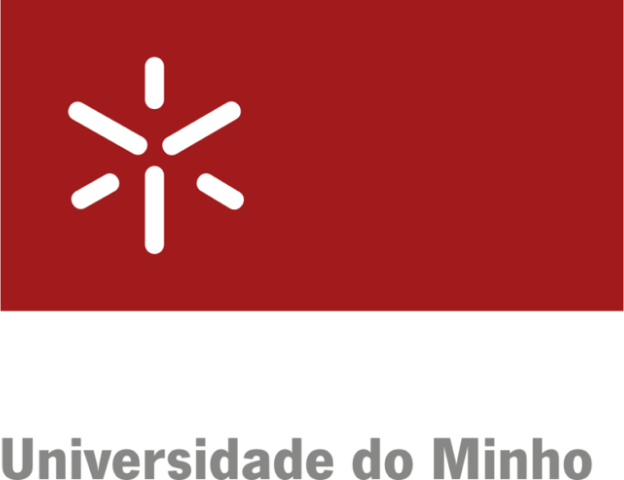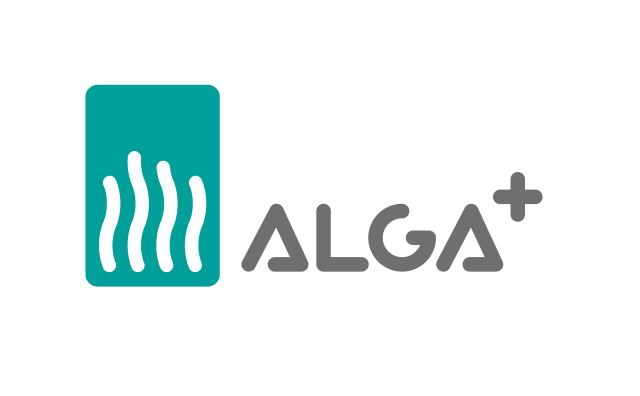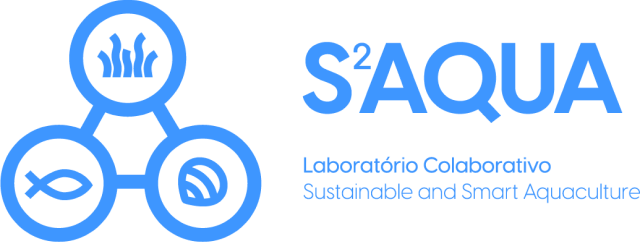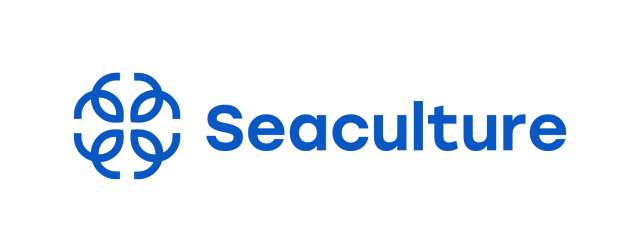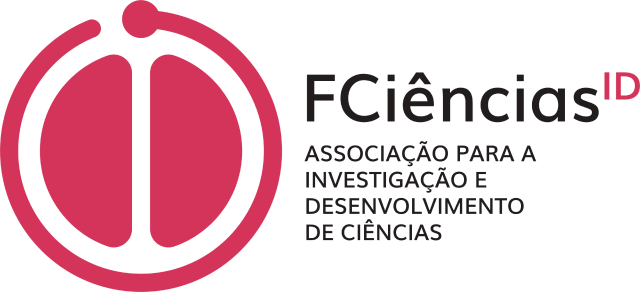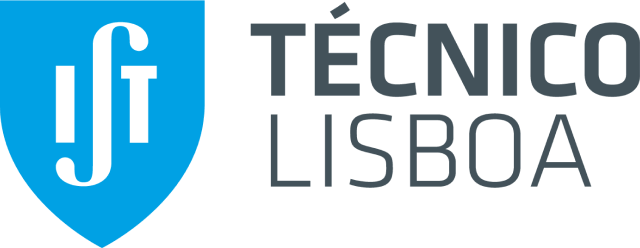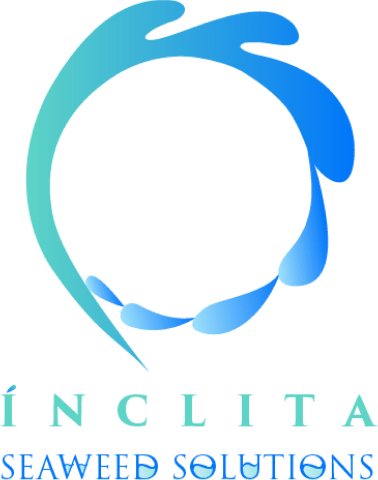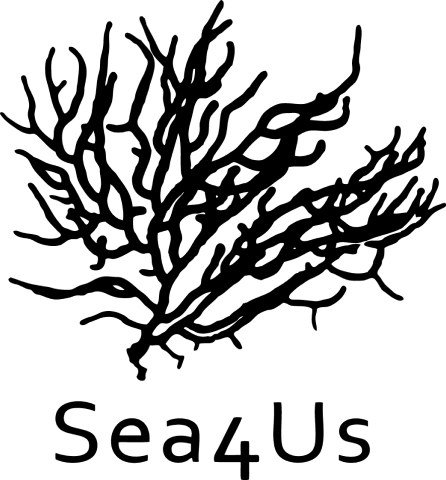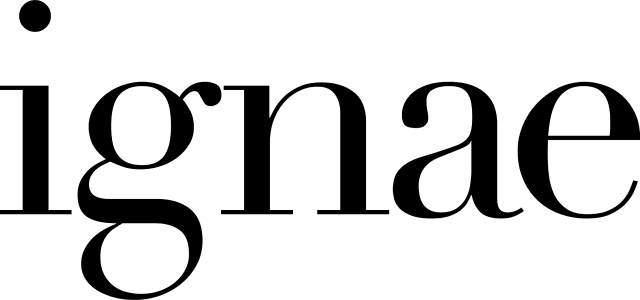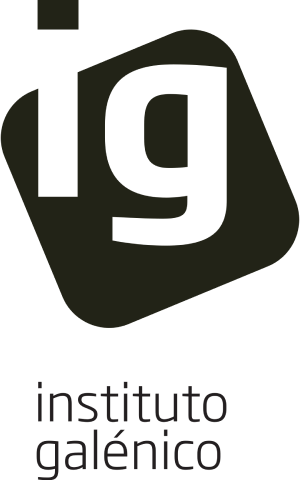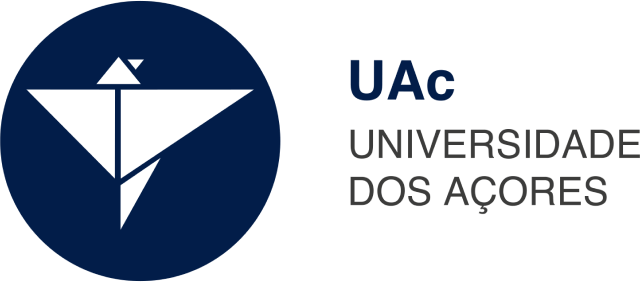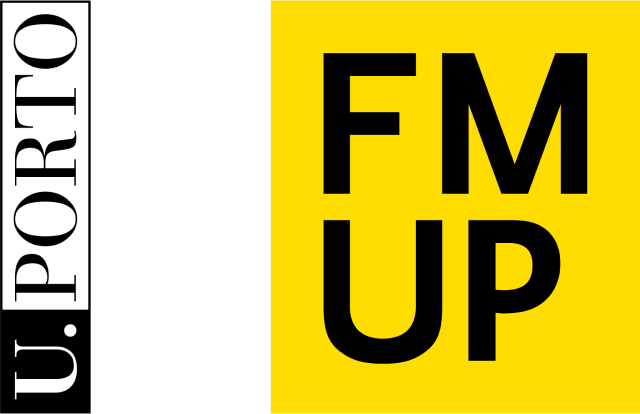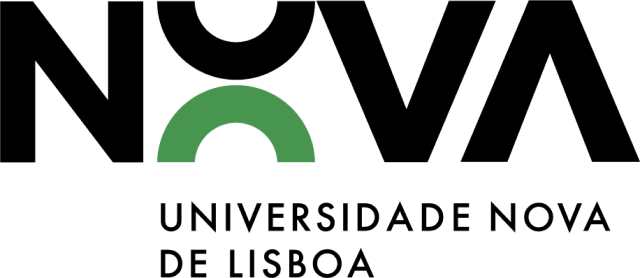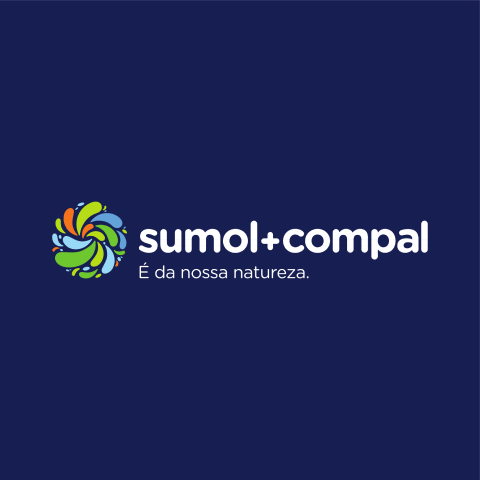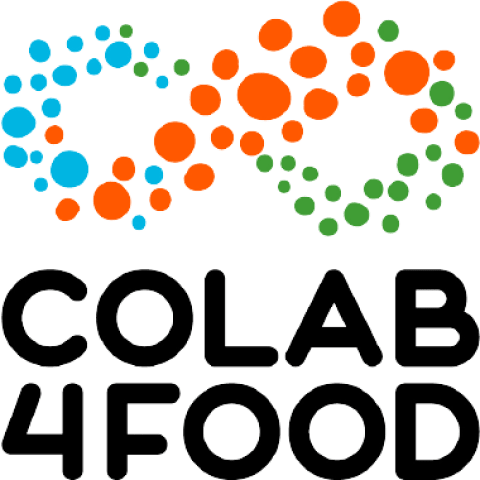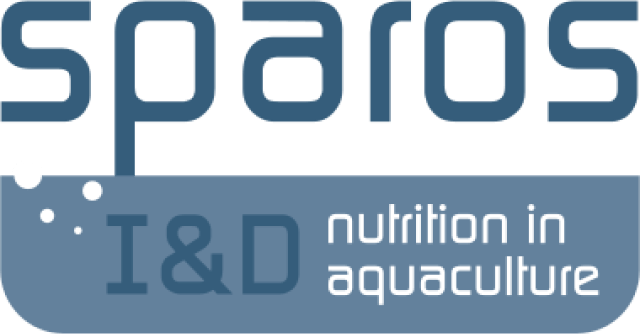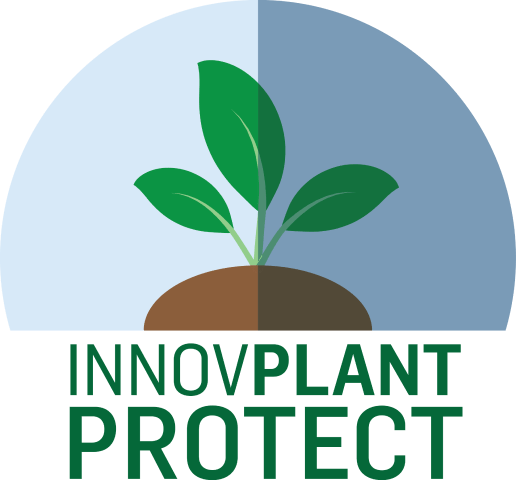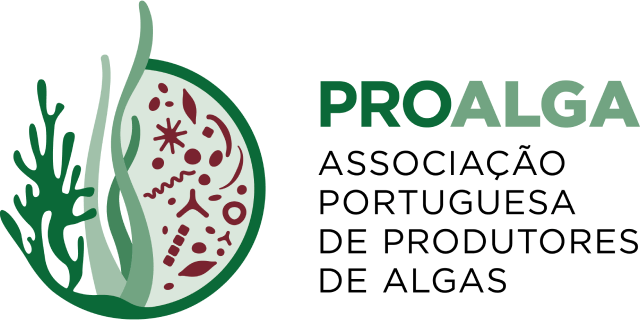About Algae Vertical
Algae Vertical is led by Necton and involves 38 entities from the algae sector, including large business groups, SMEs, innovative and specialized startups, universities, collaborative laboratories, Research & Development Centers (R&D) and business associations.
It aims to provide the algae sector with competitive advantages by fuelling novel sustainable products, optimizing techno-scientific processes, and introducing innovative services.
Necton
SP1a Innovation in cultivation and production sustainability – Microalgae
Subproject SP1a aims to study and develop innovative cultivation processes for the environmental and economic sustainability of national microalgae production. To accomplish this objective, novel sources of production inputs will be assessed and productivity will be improved via automation. The four main inputs of microalgae production (water, nutrients, CO2, and energy) will be directly obtained from other industries, enhancing circularity, or production onsite (e.g., photovoltaics), significantly reducing the production costs of microalgae biomass. Additionally, software/AI will be developed for greater automation and intelligence of the production processes, allowing to reduce the costs associated with human intervention and increase operational efficiency. These improvements will be later implemented and evaluated in three Demonstration Units at Necton, HUBELC and GCL. An environmental and social life cycle analysis will then be performed to assess the sustainability contribution of the Demonstration Units. Alongside, biomass will be produced and provided to partners in all the SPs. A detailed characterization of the microalgae biomass will also be carried out, regarding their biochemical components, functionality and presence of toxic compounds, to ensure the nutritional and safety of the commercialised products produced under the project.
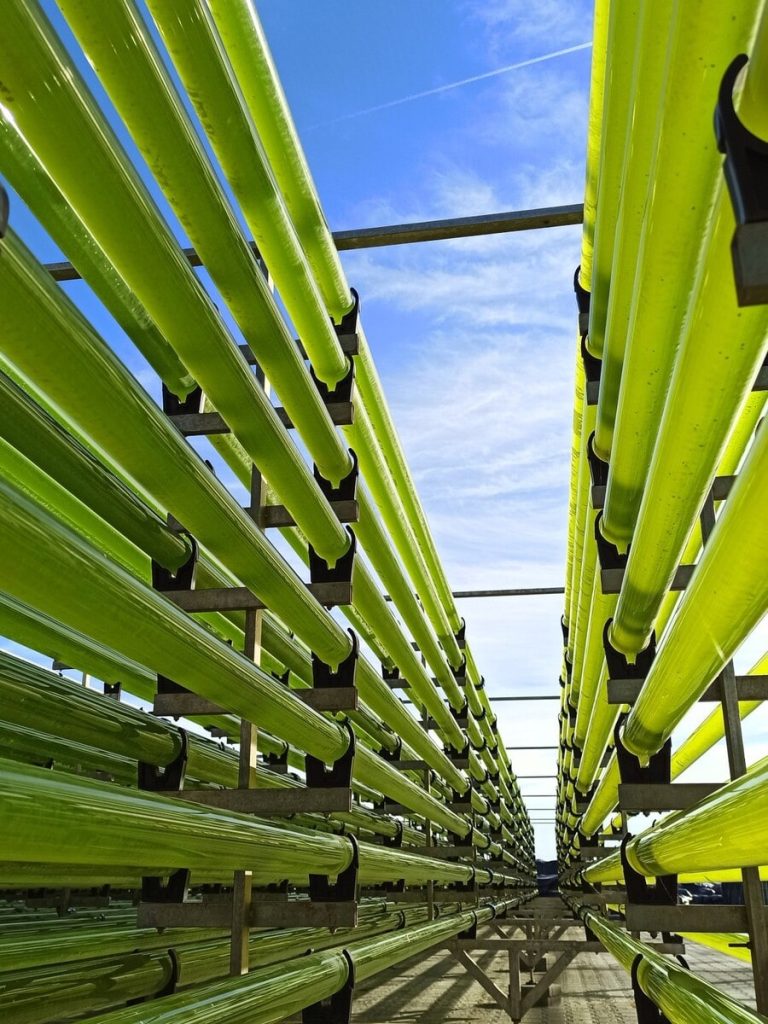
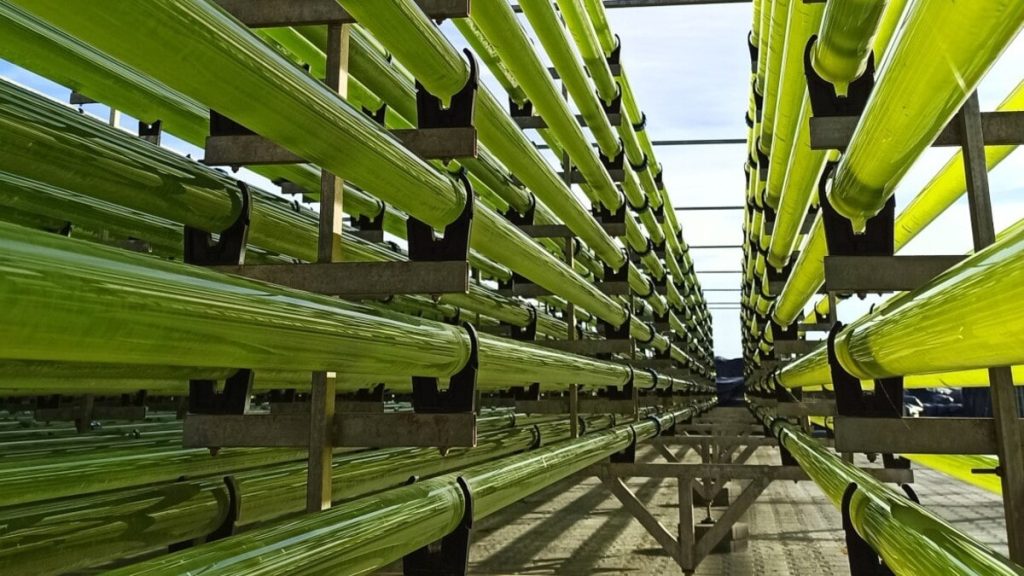
ALGAplus
SP1b Innovation in cultivation and production sustainability – Macroalgae
In the subproject SP1b, the valorisation of integrating seaweed with fish farming in two distinct scenarios will be demonstrated. For this purpose, a land-based and an at-sea seaweed-finfish IMTA (Integrated Multi-Trophic Aquaculture) system will be designed and implemented (or upscaled) at the concessions of ALGAplus in Ílhavo (Ria de Aveiro) and SEACULTURE in APA de Monte Gordo, respectively. In both farms, the produced seaweed biomass will be analysed concerning its chemical composition and functional properties. The biomass will be provided for other sub-projects and/or tasks. The bioremediation (N and C) efficacy of the IMTA systems will be assessed by systematic analysis of water and biomass samples, and the sustainability of these two types of IMTA practices will be evaluated based on numbers obtained from the production. The implementation and operation of the demo units will take into consideration the partners’ objectives to optimize and achieve the proposed results.
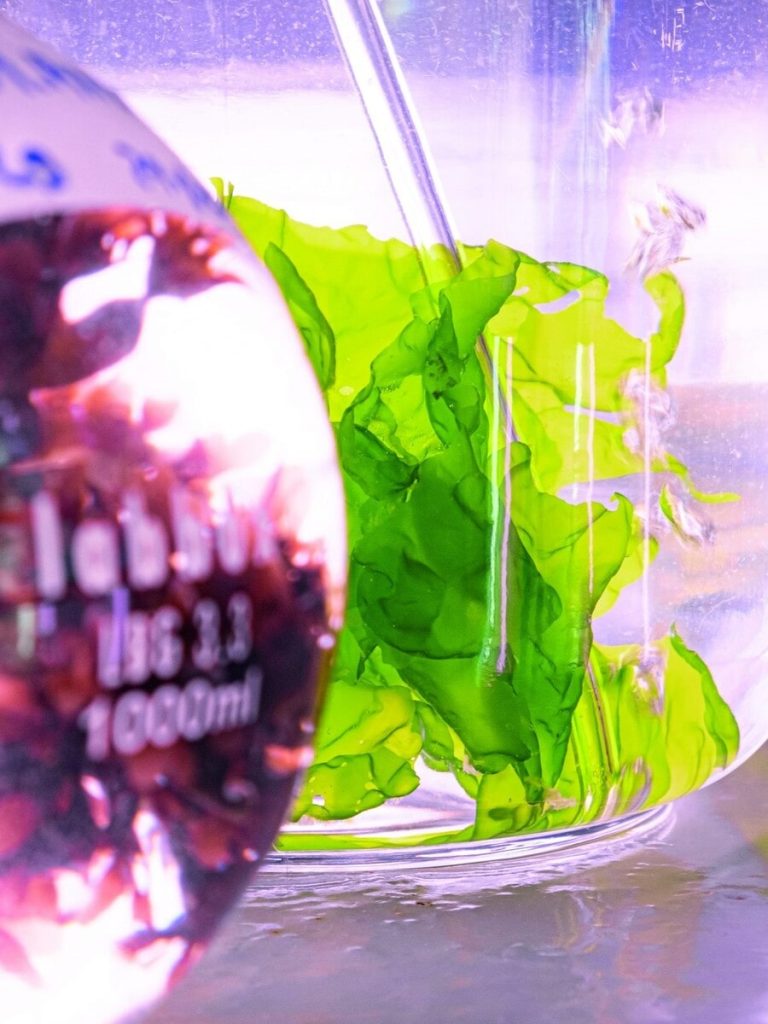
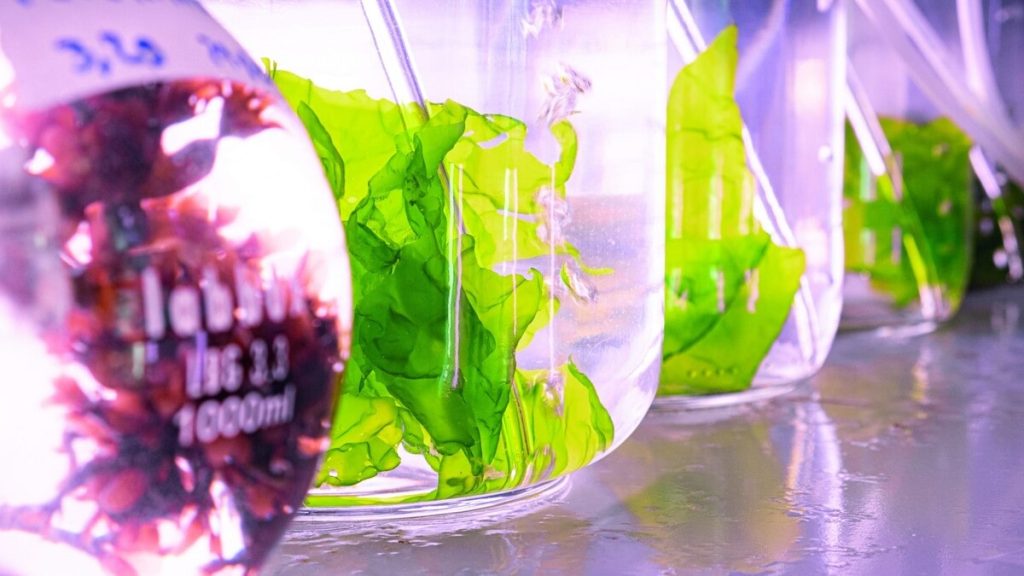
CCMAR
SP1c Innovation in cultivation and production sustainability – Microbiome
In the subproject SP1c, innovative strategies will be used that will include the bioprospecting of new algae strains able to grow faster and accumulate metabolites of interest with high market value. This will be achieved by improving existing industrial algae strains by random mutagenesis and high-throughput screenings through the use of fluorescence activated cell sorting. Selection of higher yielding, resilient algae strains will also be obtained by manipulation of the growth conditions as well as of their reproductive life cycle stages. In addition, the prokaryotic and eukaryotic microbiome associated with fast growing or collapsing algal cultures will be studied to identify microorganisms able to stimulate growth and the accumulation of bioproducts of interest, or that could cause harm to algae. This knowledge will be used to devise strategies to promote growth, improving biomass value, avoiding culture collapse, validate the use of improved algae and their microbiome under pilot and industrial scale conditions.
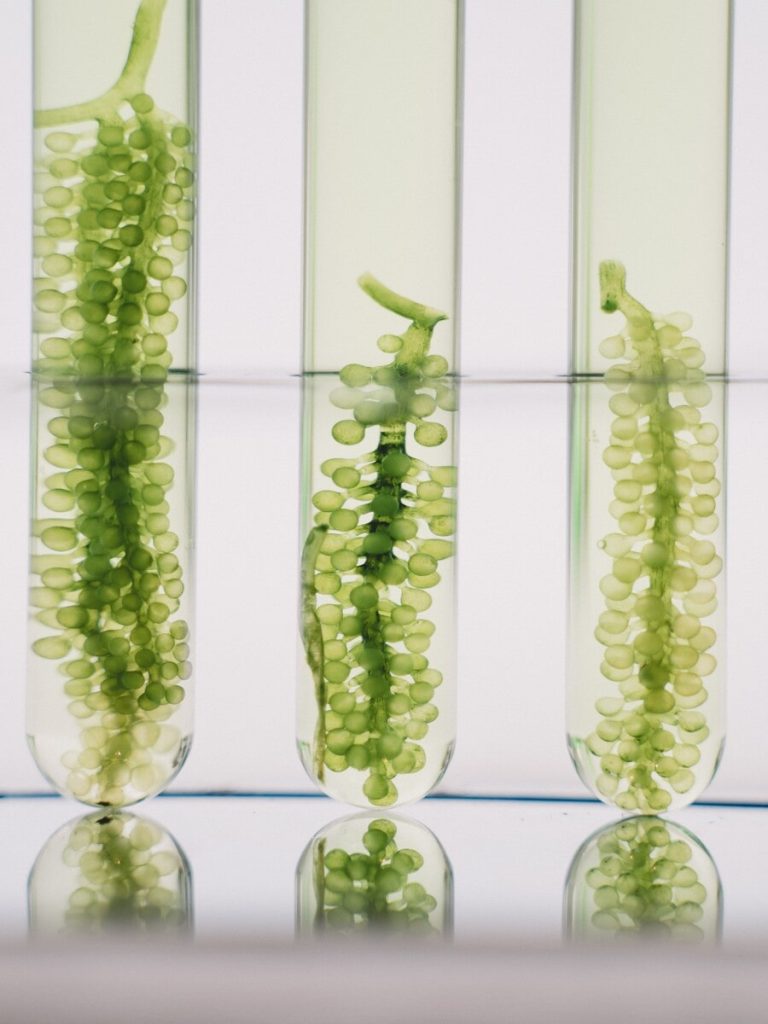
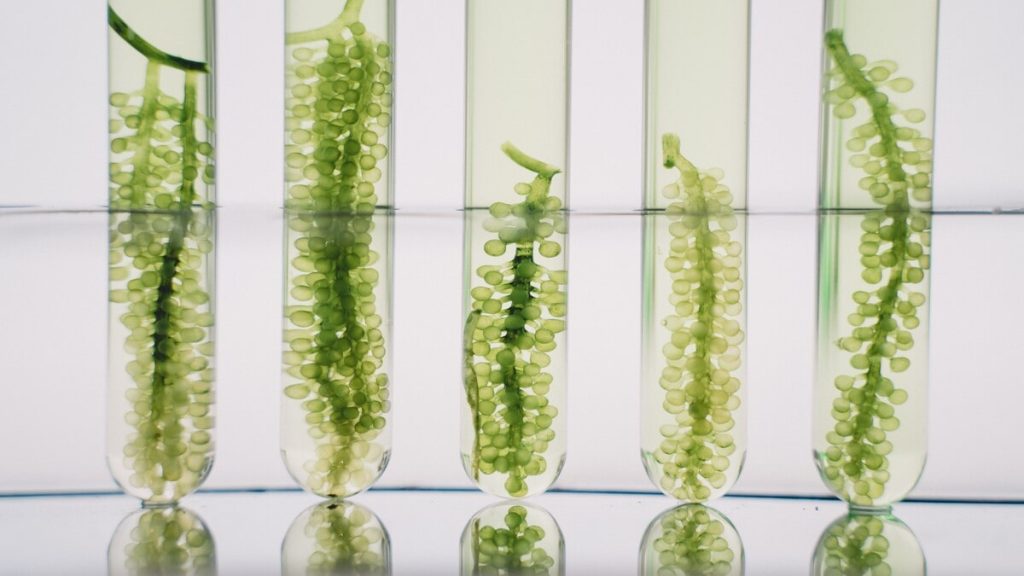
GreenColab
SP2 New biorefinery models
SP2 subproject aims to implement new approaches for processing algae biomass into extracts and high-value ingredients using the biorefinery concept, with the ultimate goal of maximising the commercial value of biomass and creating new value chains. To this end, two new demonstrator units will be implemented for validation of biorefinery processes previously established at laboratory and pilot scales in the framework of different previous projects. Besides the development of new and sustainable models of biomass processing (i.e. harvesting, drying and transformation) and integrated processes of fractionation and valorisation of biomass, all the refined ingredients will be chemically and functionally characterized and the refined products will be further stabilized. Moreover, this subproject aims to formulate and characterize new products/blends and active ingredients suitable for different applications (i.e. cosmeceutical, nutraceutical, food, feed, agriculture).


Sea4us
SP3 High Value: Nutraceuticals and Cosmeceuticals
The subproject (SP3) aims to promote a sustainable circular development of innovative algae-derived products, for high-value markets. With some exceptions, algae industry lacks the development of high value products, and those available present high economic cost. It is therefore strategic that new compounds are identified and developed from algae, exploiting both micro and macroalgae, targeting markets compatible with the high value associated, such as the nutraceutical and cosmeceutical markets. Coupling such technology to existing productive industry, further creates the opportunity for diversification and value chain increase, fostering circular economic growth. With the emergent development of natural marine products, algae are strategically positioned, across their global diversity, for presentation of commercial high-value products, towards high-value markets, such as nutraceutical and cosmeceutical. It is vital the establishment of scientific validation of the properties, potential and application of such nature-derived marine products, to stimulate true traction and differentiation for those products in the targeted high markets.
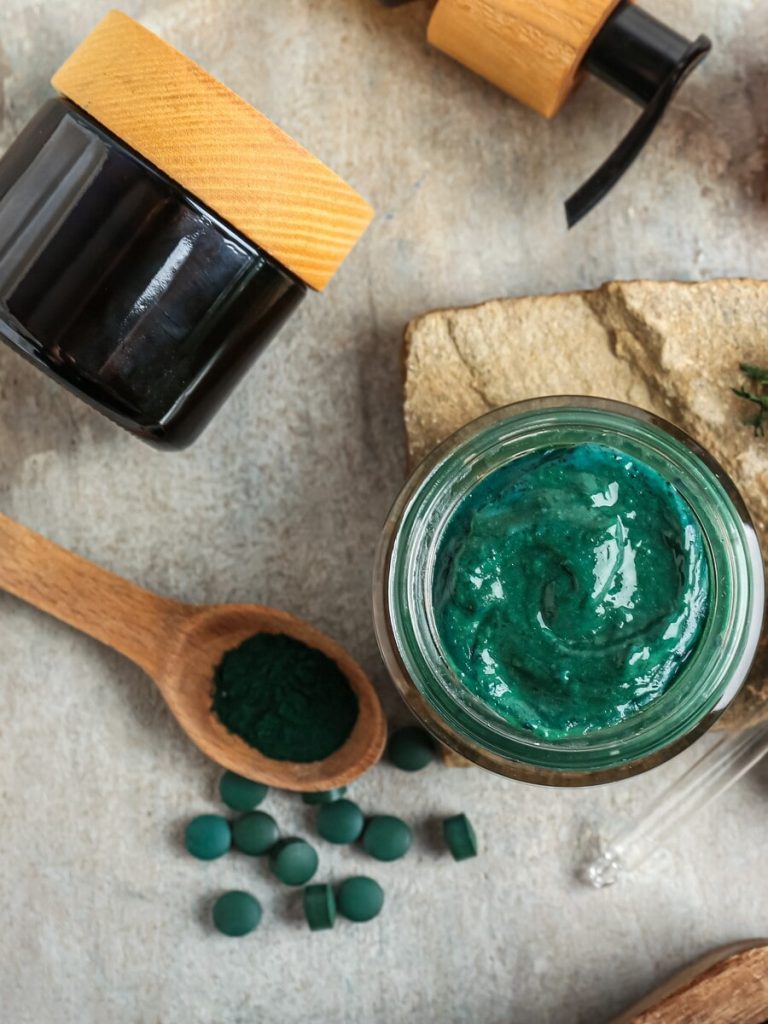
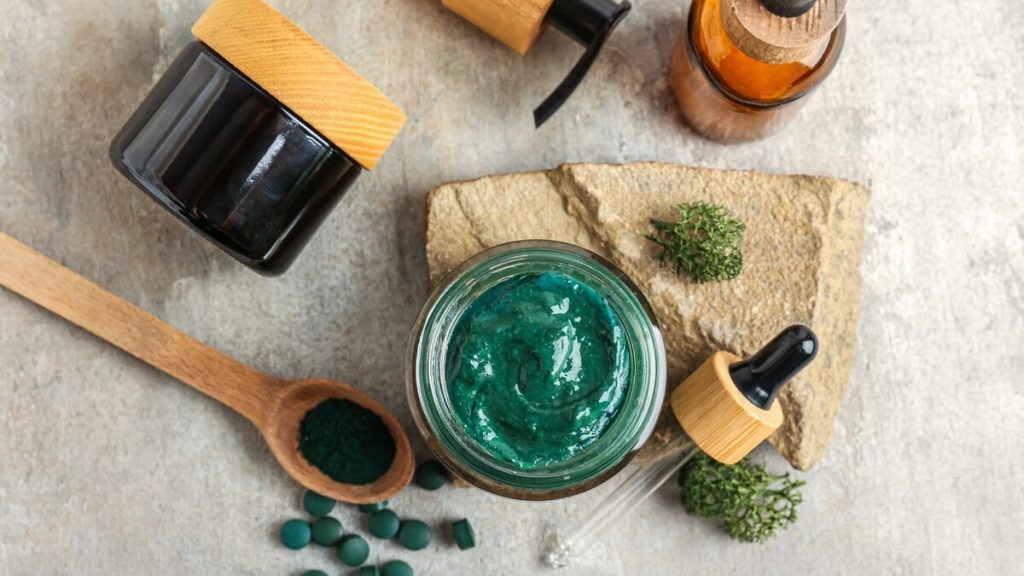
Sumol+Compal
SP4a Food: Sea2Fork – Seaweed ready to eat meals
SP4a aims, through a set of activities, from state-of-the-art research to prototype validation in relevant environment, to develop convenient ready-to-eat foods (pre-prepared meals or side dishes and pates). The ready-to-eat meals will have interesting sensory properties, using nutritionally balanced combinations between vegetable raw materials and algae, capable of contributing to an effective change in eating habits and to reduce the pressure on terrestrial natural resources.
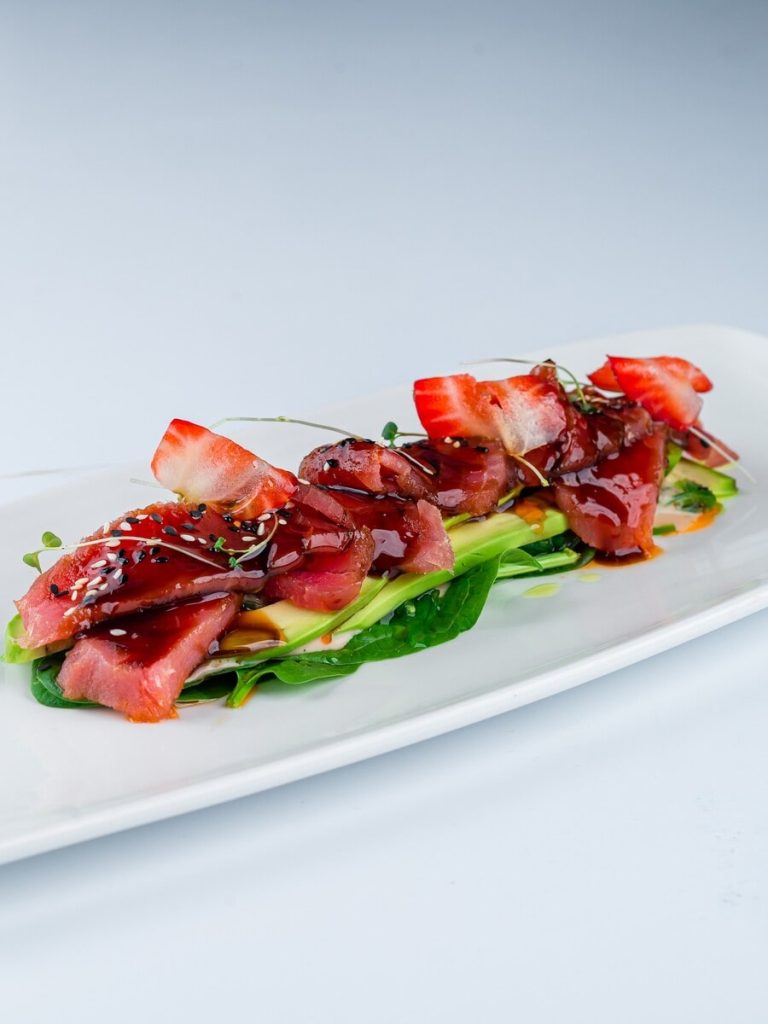
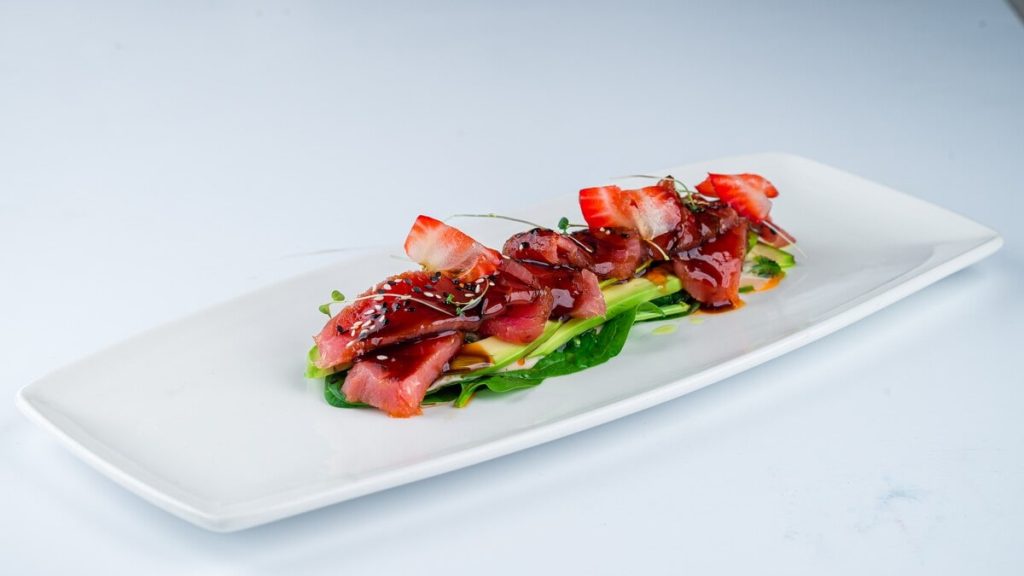
Colab4Food
SP4b Algae for meat, fish and egg analogues
Algae-based foods have attracted increasing attention for their nutritional value. The innovation of the SP4b subproject lies in the food products received, which will be more nutritious, healthy, pleasant and, ultimately, will contribute to improve the well-being of general population. Three types of food prototypes will be included and validated on a pilot scale. These products will contribute to increase the number of plant-based foods available to consumers, thus promoting the transition from animal-based foods to plant-based foods.
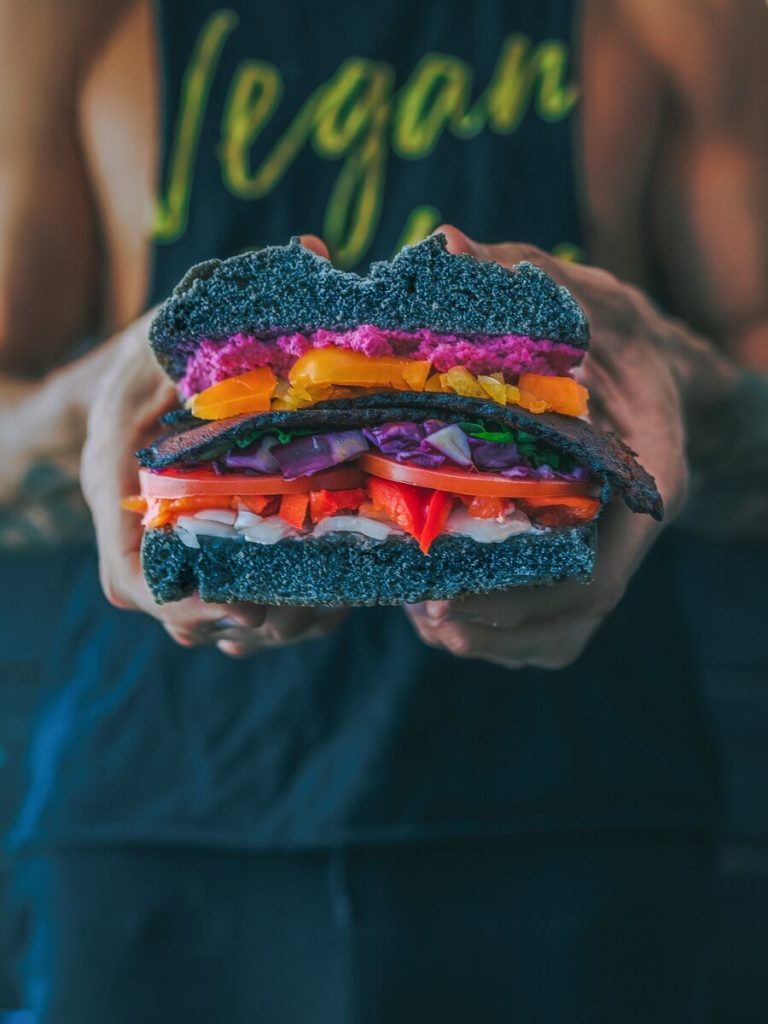
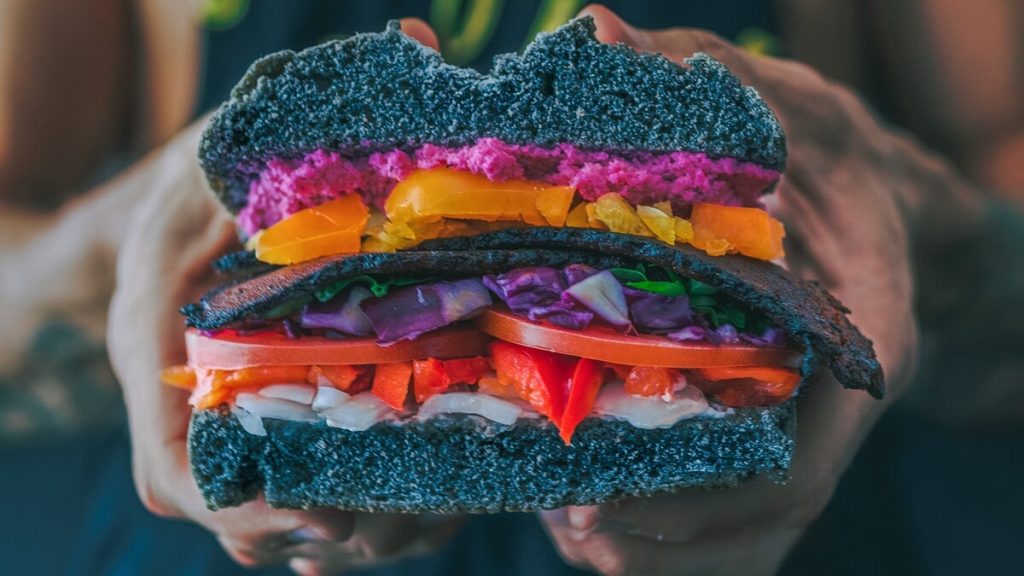
Sparos
SP5 Feed
The main goal of the subproject 5 is to develop functional feeds for fish (Senegalese sole, European seabass and gilthead seabream) with inclusion of extracts and /or processed biomass algae rich in bioactive molecules. It is expected that the novel feeds will increase fish robustness and performance at different stages of the production cycle (larvae, post-larvae and juveniles), through the improvement of the response to deleterious events (e.g. stress or infection). This subproject in which SPAROS is the leader partner, counts with collaborations of well specialised industry partners such as SORGAL and well-trained research institutes including CCMAR, CIIMAR, GCL, S2AQUA and IPMA. This subproject 5 still count with RDI and B2E which will coordinate dissemination and support the project management.
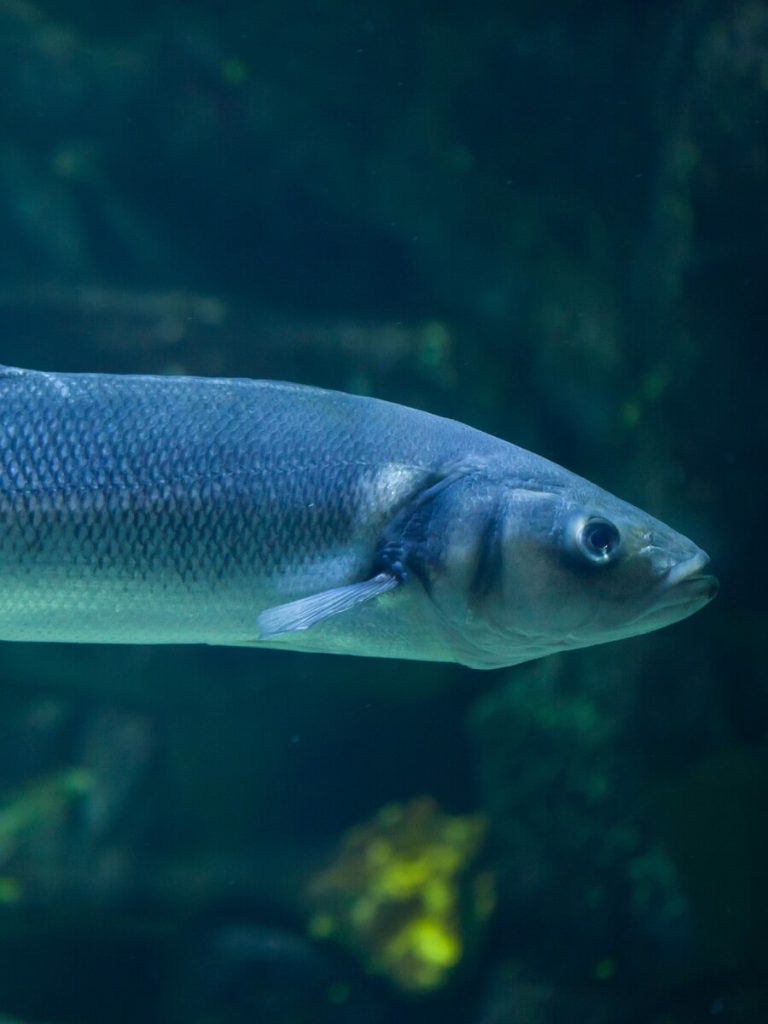
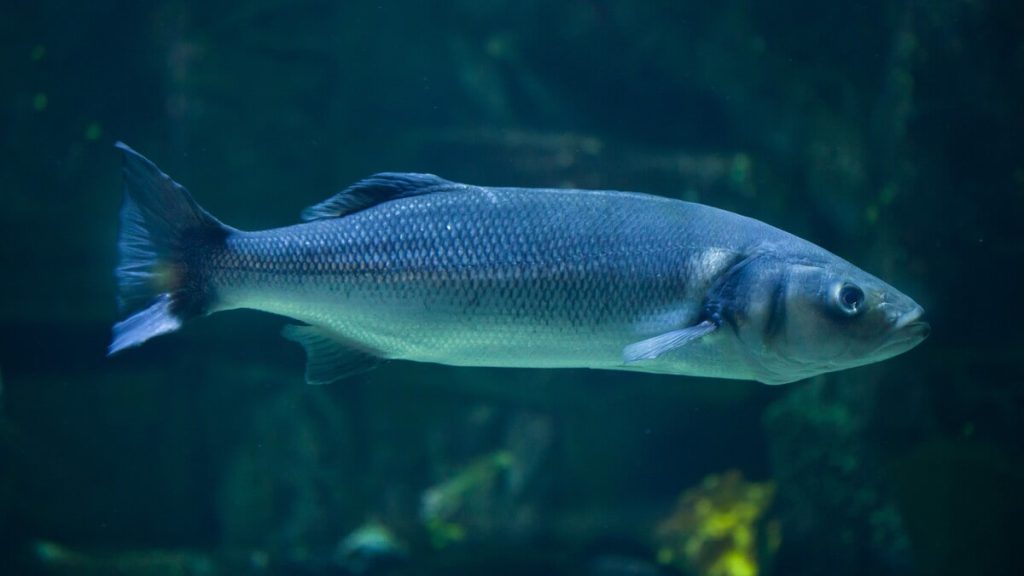
InnovPlantProtect
SP6 Agriculture
The use of algae biomass for the production of commercial biofertilizers, biostimulants and bioprotectants is essential to reduce the high demand for synthetic and inorganic chemicals and to improve the sustainability of the national and European agriculture sector, namely to meet the ambitious Green Deal targets that have been proposed until 2030. SP6 aims to identify and test biostimulants, bioprotectants and modulators of soil microbiota, that should be more efficient than products already existing on the market. These new products will be based on algal biomass, which will contribute to increasing the sustainability of agricultural production directly or indirectly and will also contribute to circular economy of algae production. SP6 has 11 co-promoting entities, including collaborative laboratories, research centers and companies, which will work collaboratively to produce five products derived from algae, with biostimulant and bioprotective capacity, and two patents.
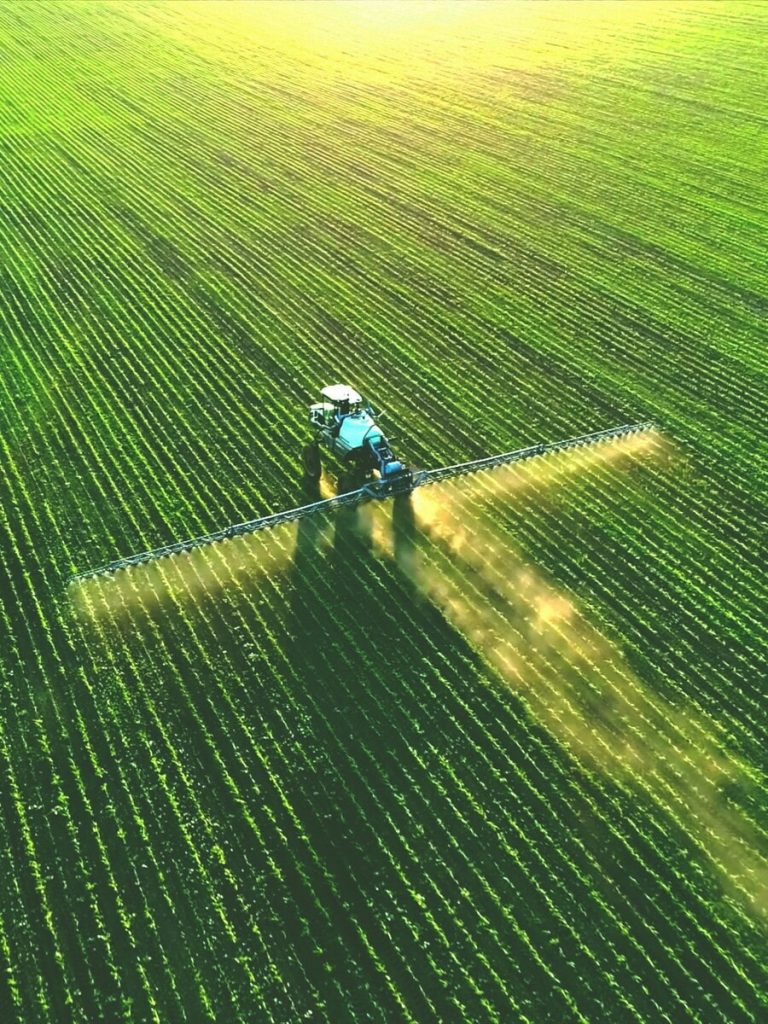
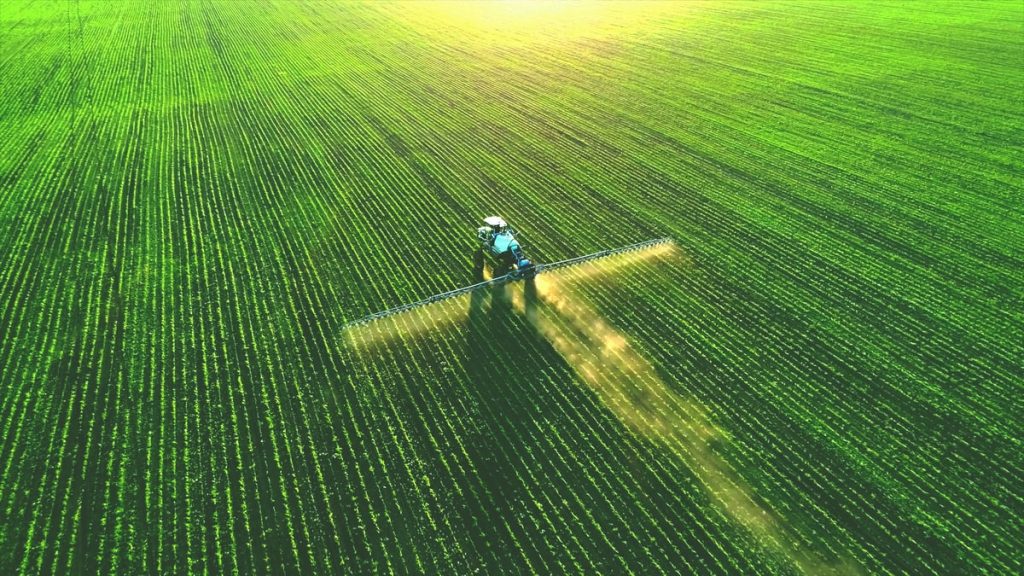
PROALGA
SP7 Regulation, Market and Extended Dissemination
The Subproject 7 (SP7) aims to play an important role on the challenges faced by algae ventures in terms of regulatory frameworks and commercial value of algal-based products. Algae feedstocks have an immense potential in various applications, such as human food, animal nutrition, cosmetics, pharmaceuticals, and agriculture. However, barriers persist in terms of market access and society awareness. SP7 aims to thoroughly examine the legislation governing algae utilization in different target applications and facilitate the approval processes for novel products, like Novel Food or GRAS classification, this work will be developed in close articulation with previous subprojects. Moreover, the subproject will implement strategies to enhance algae market recognition, promote consumer awareness, and disseminate the project’s results widely. Through scientific research and exhaustive surveys within algae sector, SP7 strives to pave the way for a more favourable regulatory landscape and unlock the full potential of algae-based innovations in diverse industries.
